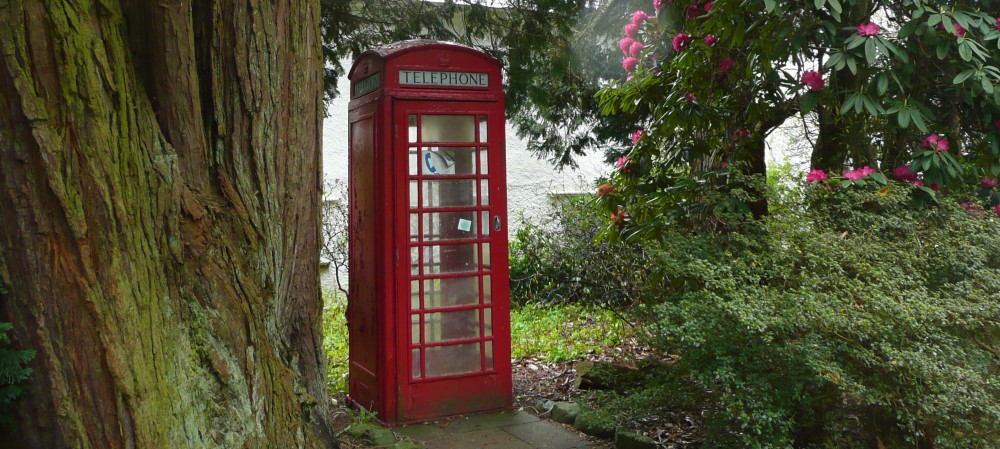The article and quiz ‘Are you an extrovert or an introvert (and why it matters) (link below) is related to a TEDtalk from 2012 by Susan Cain; Quiet: The Power of Introverts. This issue has forcefully come up again during corona times in connection with how people feel about having to work alone from home.
In relation to this, the BBC article Why introverts excelled at working from home deals with the question what kind of personality types are supported by which kind of work. Or in other words: do ‘traditional’ office jobs favor louder, more visible and extroverted people at the expense of introverts – whose time has now come?




